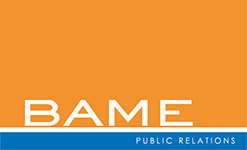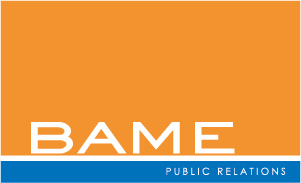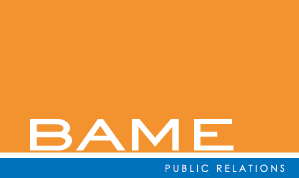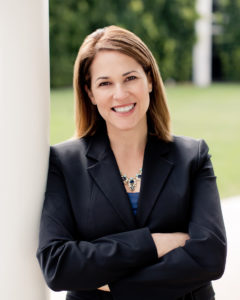Secrets to Successful Podcasts
In my most recent post, I wrote about a webinar held on September 17, 2019 hosted by the the Legal Marketing Association, “Extending Your Firm’s Reach Through Podcasting.”
For this post, I focus on the advice given by Jansen Ellis, senior marketing counsel of Ogletree Deakins, based in Atlanta. Her part of the webinar discussion focused on how she and her team at Ogletree developed and maintained the firm’s podcasts and kept them going with support of the firm’s marketing team and attorneys.
The firm, which has 900 attorneys in 53 offices, started its podcast strategy with a brainstorm: What would be the best way to extend and supplement the firm’s content marketing in the area of labor and employment law? The firm knew that its clients have busy schedules and were always on the go.
The firm handles all its podcasts in-house, with two people who work on the podcasts all the way from production and editing through publication. It attempts to make its program consistent and standard across its different podcasts. They don’t feature the same host, preferring that the hosting vary depending on the topic.
Ogletree uses Zencastr,a simple online platform that’s available for $20 per month, for its audio recording software. It bought 10 to 20 mics from Yeti Microphone that it made available to presenters in each of its offices. These are available for $120 each on Amazon. Blubrry is its podcast hosting platform.
The firm’s goals for its podcasting are:
- Make the podcast easy to find. Not everyone will download the podcast via Apple, so the firm wanted to offer it in multiple platforms.
- Publish with regularity. The firm’s goal is to publish something weekly. This doesn’t always happen, but we come close.
- Make the podcasts conversational and practical. The podcasts are 20 to 30 minutes long and focus on practical tips, without necessarily going into case law.
- Create varied content. We focus on labor and employment developments, but we also include a combination of breaking news and even “green” content.
The podcast team tracks analytics regularly and keep speakers and attorneys informed about the analytics on a regular basis. She use the information to plan for the future and to decide on our menu of webinars and blogs, based the most popular content.
She said she features “speaker success stories” to let as many as people as possible know when a podcast results in positive feedback or in new client matters. This builds interest in the podcast throughout the firm and indicates that we have significant ROI for our podcasting efforts. The team also tracks new business that is directly related to the podcasts and use content aggregators like JD Supra and Lexology to push out the content.
Other key lessons learned are:
- Develop and stick to a fairly strict publication schedule
- Make sure that the audio quality is very good
- Keep our content varied and interesting
This may not sound much different than other content marketing efforts. And, they aren’t in my opinion. Like all other programs a law firm implements, consistency and interesting and engaging content are paramount.




